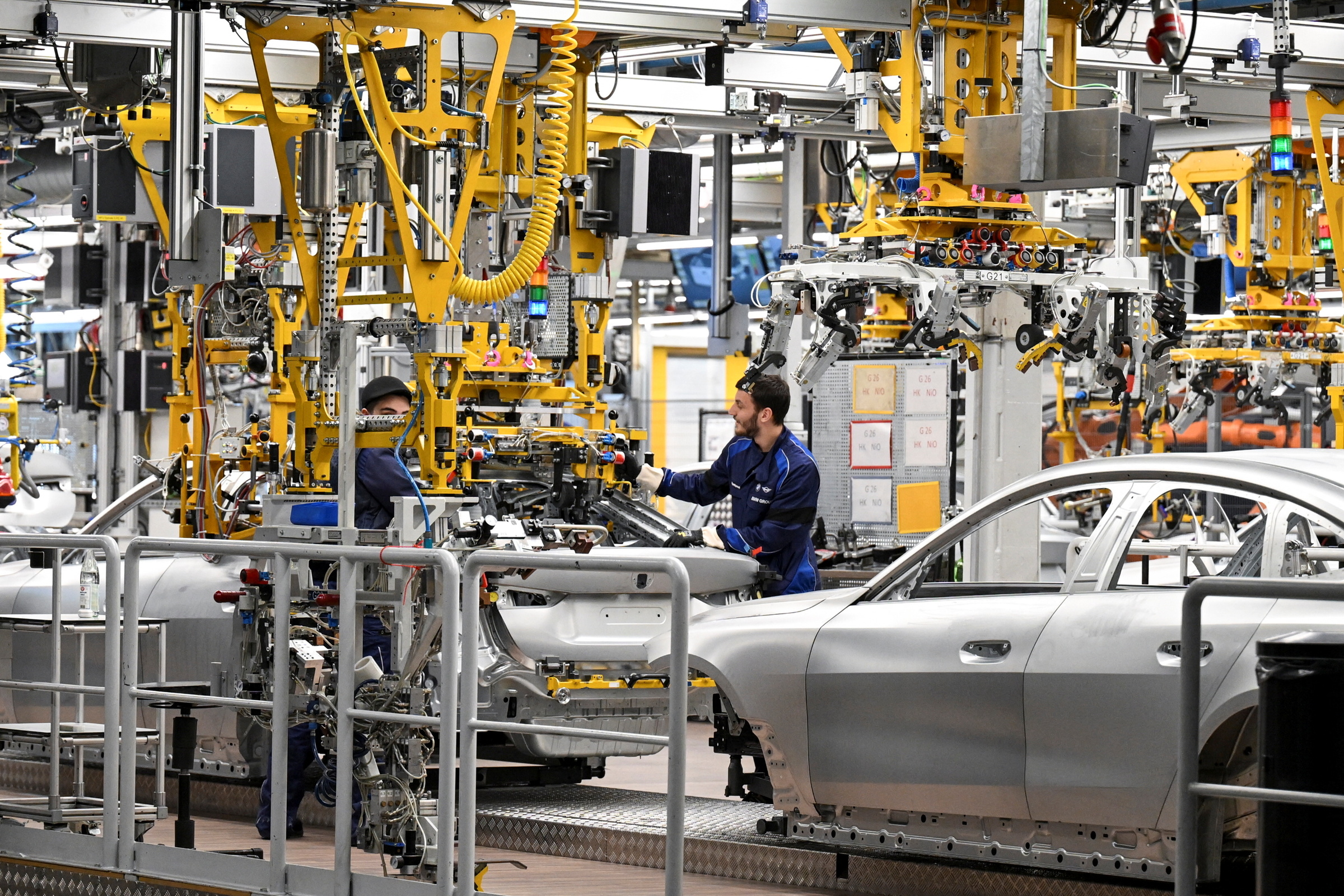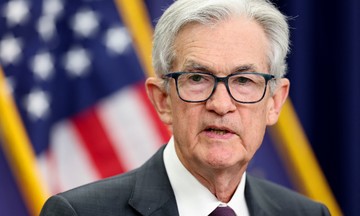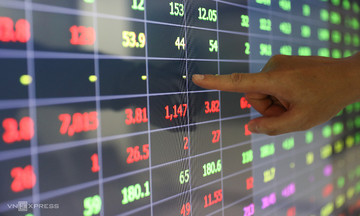The German Federal Statistical Office reported that the country's GDP fell by 0.3% in the second quarter compared to the first three months of the year, a larger decline than the preliminary estimate of 0.1% released last month. In the first quarter, the German economy grew by 0.3% compared to the fourth quarter of 2024.
According to official data, weak manufacturing, construction, and exports over the past three months dragged down growth. Meanwhile, both public and private spending provided little support. Compared to the same period in 2024, Germany's GDP still grew by 0.2%.
Europe's leading economy has generally declined over the past two years. Carsten Brzeski, head of macro research at ING bank (Netherlands), called this a sign of "returning to the danger zone." "The size of the German economy is still slightly smaller than in 2019, the clearest and most painful evidence of stagnation," he said.
 |
BMW factory in Munich, Germany on 5/12/2023. Photo: Reuters |
BMW factory in Munich, Germany on 5/12/2023. Photo: Reuters
Chancellor Friedrich Merz has made reviving growth a top priority since taking office on 6/5. His government has launched an investment incentive program and established a 500 billion euro (582 billion USD) fund to upgrade infrastructure over the next 12 years, while promising to cut red tape and promote digital transformation.
Last month, a group of dozens of businesses pledged to invest at least 631 billion euros (731.7 billion USD) in Germany over the next three years, including previously planned investments, to send a signal of confidence in the economy.
According to Brzeski, Germany's economic outlook depends heavily on trade, exchange rates, and fiscal stimulus. In the short term, recent business results indicate that US tariffs and structural transformation are reducing corporate profits. "This trend is unlikely to change in the third quarter, as the US imposes a 15% tariff on most European goods, and it is unclear when the 27.5% auto tariff will be reduced to 15%. With 10% of German exports going to the US, this burden will weigh on growth," he stated.
A bright spot is that business confidence in the latest Purchasing Managers' Index (PMI) survey remained stable, and financial markets have also been calm in the face of recent tariff news. However, experts warn that small and medium-sized enterprises may be under pressure as they find it more difficult to shift production than large corporations. The strengthening euro—not only against the USD but also against many other currencies—also puts Germany's export-dependent economy at a disadvantage. According to Brzeski, it may be "next year before we see a more significant recovery."
Phien An (AP, ING)












